Graham Reid | | 3 min read
Down the Road Apiece, by the Rolling Stones (1964)
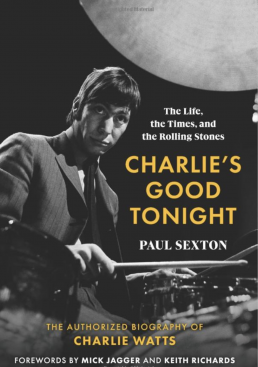
Given his circumspect nature, reluctance to engage with the expectations of the rock'n'roll lifestyle and his preference for staying at home rather than touring, you don't hold out much hope for a biography of Rolling Stones' drummer Charlie Watts who died in August 2021.
Even an authorised one with family cooperation as this is– by longtime British music journalist Sexton, who most recently wrote the liner notes to the Stones' Live at El Mocambo 1977 album.
Those in the Stones who knew Watts for six decades could often fall back into phrases like “a gentleman”, “ a lovely man” and “enigmatic”.
Yes, we know of Watts as the impeccable, unflappable Stone who preferred jazz to rhythm'n'blues and rock'n'roll, who seldom went to parties preferring to stay in his own room on tours sketching the bed and fittings (he had notepads full of them), was married to the same woman Shirley for almost 60 years and who collected vintage and classic cars but didn't hold a driver's license.
“I just love the shape of old cars,” he said in 2018. “I can't drive so I just sit in them and listen to the engine. I suppose you could call it a rich man's indulgence.”
Eccentric, enigmatic and OCD?
Yes.
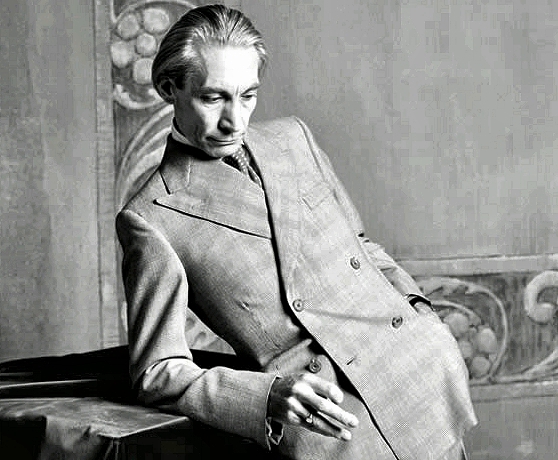 He considered himself boring and perhaps born in the wrong century given his love of collecting antiques, and certainly the first chapter here isn't promising.
He considered himself boring and perhaps born in the wrong century given his love of collecting antiques, and certainly the first chapter here isn't promising.
Although Sexton had the cooperation of the family (notably his devoted daughter and grand-daughter), a catalogue of interviews with Watts and the Stones, and Watts' friends in the jazz and rock world (Ginger Baker among them, despite their wildly differing personalities their friendship went back to the late Fifties), the early days are covered by a friend who lived nearby. We learn more about him and his house than Charlie.
But then a more rounded figure emerges when Watts the musician arrives, in awe and admiration of elegantly dressed jazz drummers (whose look he adopted although already inclined to well-cut suits and ties even as a young teen).
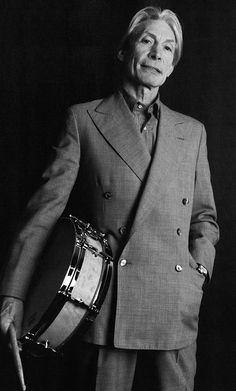 He enjoyed a short career in design which came to the fore in later years when the Stones' stage sets grew to gigantic proportions.
He enjoyed a short career in design which came to the fore in later years when the Stones' stage sets grew to gigantic proportions.
And by the centre of this increasingly interesting book we see Sexton's pattern. The book is subtitled “The Life and Times of the Rolling Stones” and by moving back and forth through their career Sexton pulls out the threads of Watts' personality and life: his taste in clothes (his wide circle of friends included some of the world's best tailors and shoe-makers with whom he would discuss fabrics and cuts), his collections (numerous from jazz photographs, autographed playbills and American Civil War antiques to signed first editions of Graham Greene, Agatha Christie and Evelyn Waugh novels), his family life and many homes . . .
Yes, there was an obsessiveness to Watts but also a generosity to his friends who speak of expensive and thoughtful gifts on birthdays anniversaries which were given with no fanfare and much humility.
The anecdotes are many, some extremely funny, and slowly a rounded picture appears of a man more busy than we might think between Stones' tours and recording – art galleries, rare book dealers, his beloved homes, passion for cricket (shared with Mick Jagger) and the close friendship between the various and emotionally different Stones.
He didn't like cellphones and modern technology, had little interest in contemporary music, rarely over-indulged (his brief period of addiction dealt to) and had a meticulously arranged wardrobe, sock drawer and library.
 Mick Jagger famously quipped at that El Mocambo gig, “This is Charlie. Charlie's a jazz drummer, he's only doing it for the money”.
Mick Jagger famously quipped at that El Mocambo gig, “This is Charlie. Charlie's a jazz drummer, he's only doing it for the money”.
In some respects that was true, but what money allowed was he could be himself: a singular figure who was quiet, loyal, dedicated to whatever it was he loved, had an enormously wide circle of friends on various continents and – most of all and most important to him -- a wonderful home life with his devoted wife, daughter and grand-daughter who were as amused by him and much as loving and respecting the man who – with a small drum-kit – laid down the framework for some of the greatest rock'n'roll music of the past 60 years.
And also played jazz.
CHARLIE'S GOOD TONIGHT by PAUL SEXTON. Published by HarperCollins. $38
.
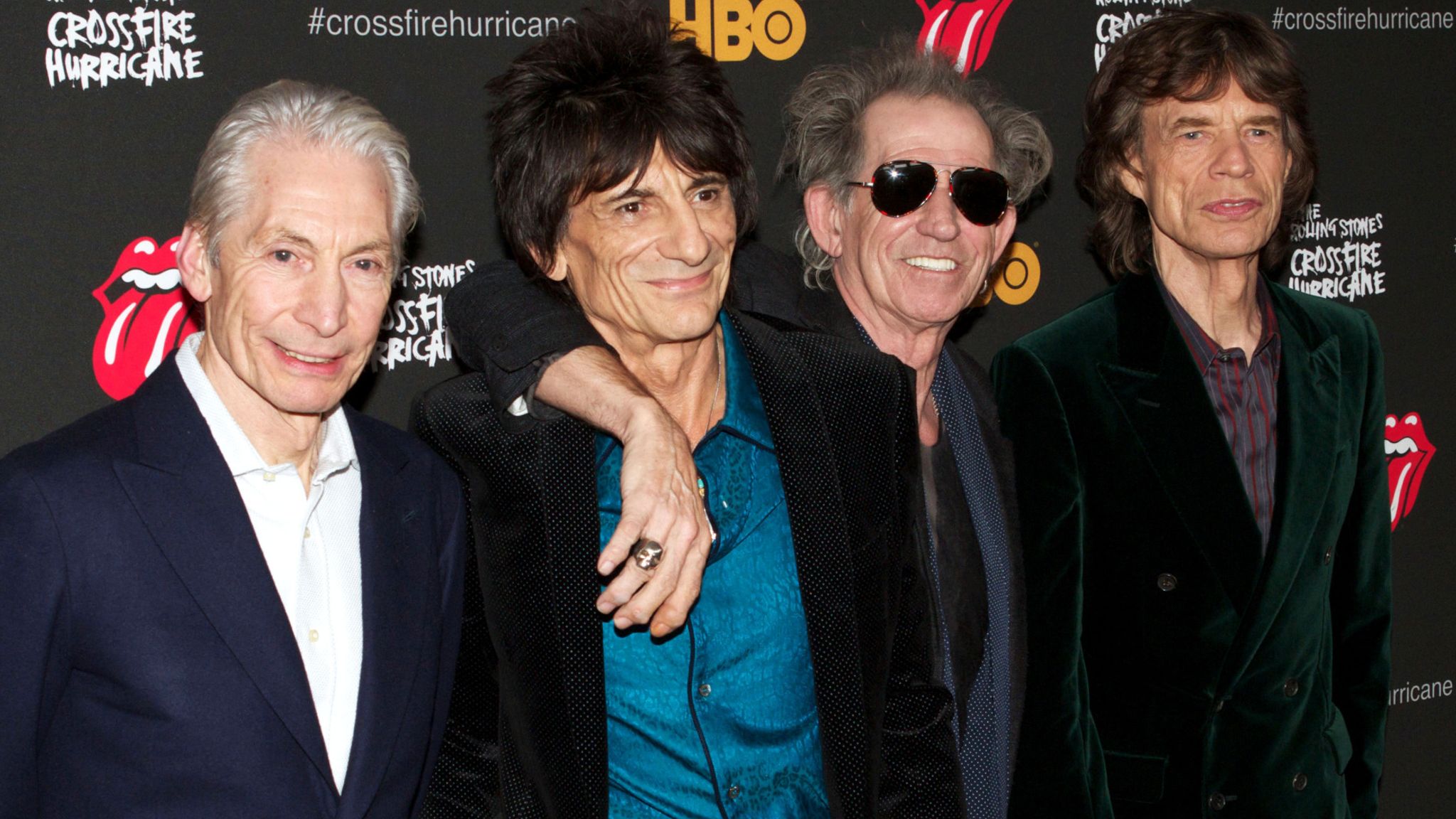




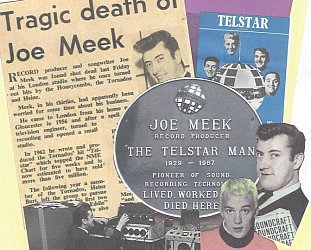
post a comment